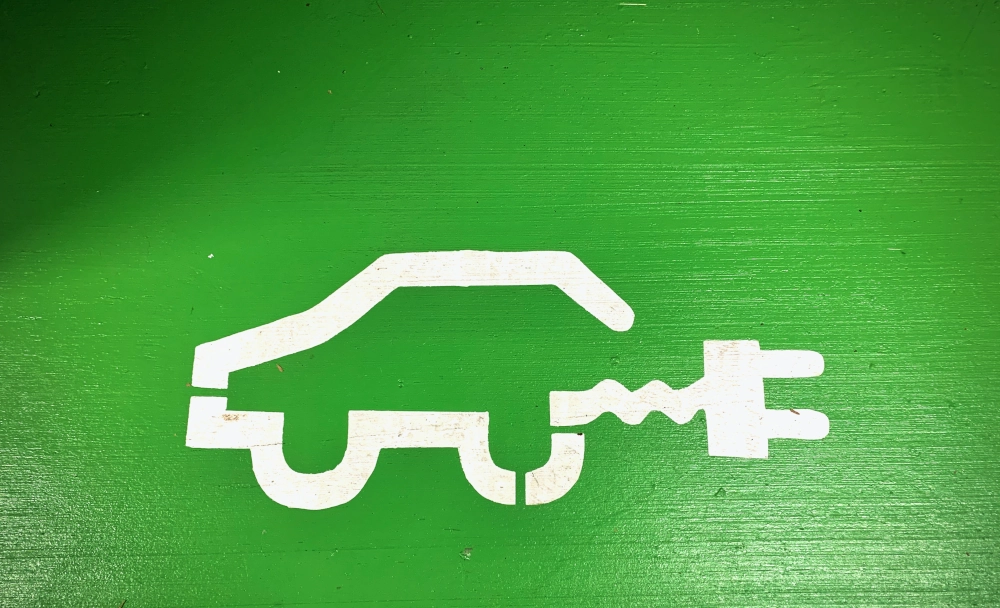Electric vs. Hybrid: Making the Right Choice for Your Next Car

In a rapidly evolving automotive landscape, the push for sustainability and efficiency has given rise to alternative fuel vehicles, notably electric and hybrid cars. As you contemplate your next car purchase, you might find yourself at the crossroads of choosing between an all-electric vehicle (EV) and a hybrid. This article aims to demystify the differences between these two options, helping you make an informed decision that aligns with your driving habits, lifestyle, and environmental values.
Understanding the Basics: Electric Vehicles vs. Hybrids
Electric Vehicles (EVs)
Electric vehicles run entirely on electric power stored in a large battery pack. They produce zero tailpipe emissions, making them an eco-friendly choice. Depending on the model, EVs offer varying ranges on a single charge and can be charged at home or at public charging stations.
Hybrids
Hybrids combine a gasoline engine with an electric motor and battery. They can operate using the electric motor alone, the gasoline engine alone, or a combination of both. The electric motor assists the gasoline engine to improve fuel efficiency and reduce emissions.
Factors to Consider When Choosing
Driving Range:
EVs' driving range varies, so consider your daily commuting distance and access to charging infrastructure. If you frequently take long trips, hybrids might offer more flexibility due to their dual power sources.
Charging Convenience:
If you have a home charging setup or easy access to charging stations, an EV could be a practical choice. Hybrids don't require charging as they rely on regenerative braking to recharge their batteries.
Environmental Impact:
EVs produce zero tailpipe emissions, contributing to cleaner air and reduced greenhouse gas emissions. Hybrids also emit fewer emissions compared to traditional gasoline vehicles.
Fuel Efficiency:
Hybrids are renowned for their fuel efficiency, particularly in city driving. However, EVs have an edge in terms of operating costs since electricity is generally cheaper than gasoline.
Upfront Cost:
EVs often have a higher upfront cost due to the expense of battery technology. Hybrids are usually priced lower than EVs, but government incentives and savings on fuel might offset the cost difference over time.
Maintenance:
EVs have fewer moving parts than conventional vehicles, leading to potentially lower maintenance costs. Hybrids also tend to have lower maintenance costs compared to traditional gasoline vehicles.
Resale Value:
As EV technology advances, concerns about battery degradation and improvements in range might affect resale value. Hybrids have a more established track record and might retain their value better.
Making the Decision
Assess Your Needs:
Consider your daily commute, driving habits, and access to charging stations. If your daily travels are within the range of an EV and you have reliable charging options, it could be a feasible choice.
Environmental Goals:
If reducing your carbon footprint is a top priority, an EV aligns well with your values due to its zero-emission operation.
Budget Considerations:
Evaluate your budget, factoring in upfront costs, potential savings on fuel or electricity, and long-term maintenance.
Flexibility:
If you require the flexibility to take long trips without worrying about charging infrastructure, a hybrid might be a more practical choice.
Future Considerations:
Research upcoming EV and hybrid models to see if any advancements match your preferences and needs.
The choice between an electric vehicle and a hybrid depends on a variety of factors, from your daily driving patterns to your environmental concerns and financial considerations. Both options offer unique benefits and contribute to a greener future. As you weigh the pros and cons, remember that the right choice is the one that aligns best with your individual needs and values, ensuring a driving experience that's both practical and environmentally responsible.
